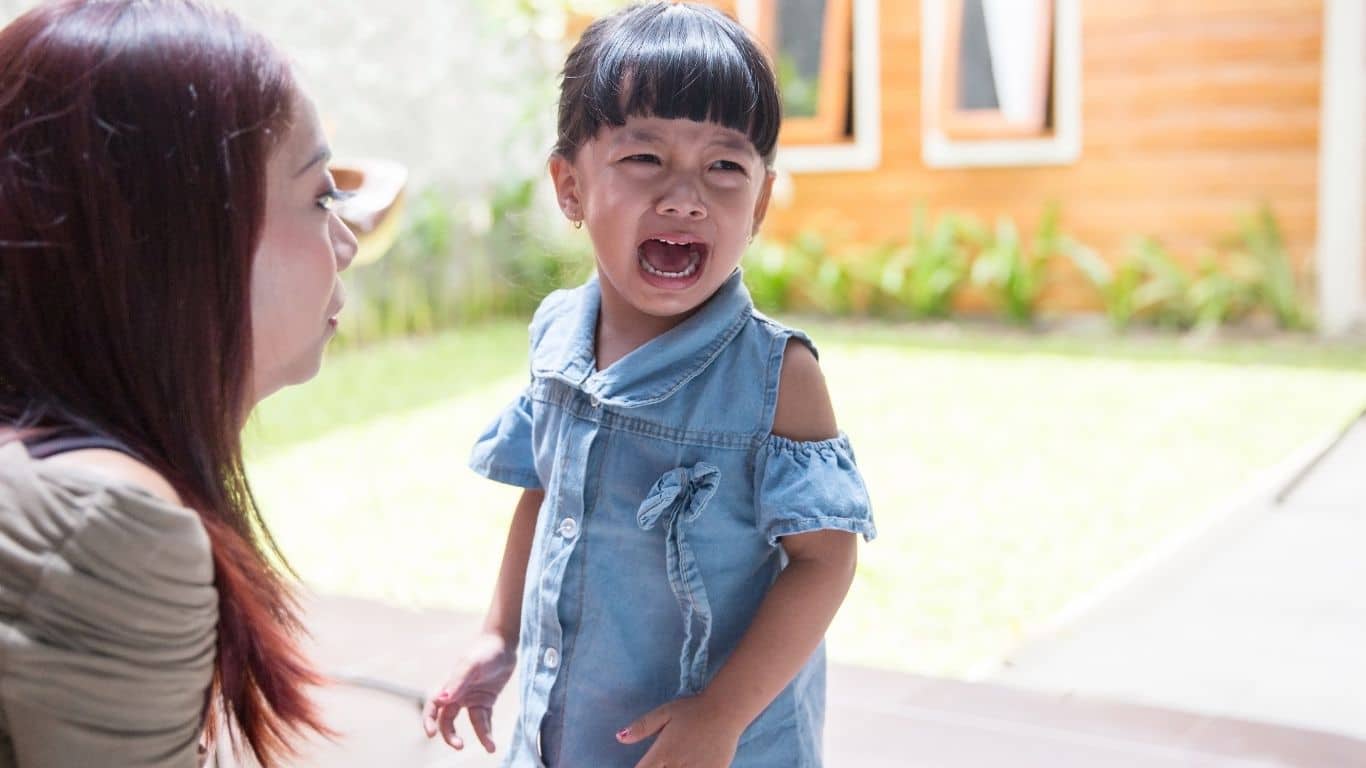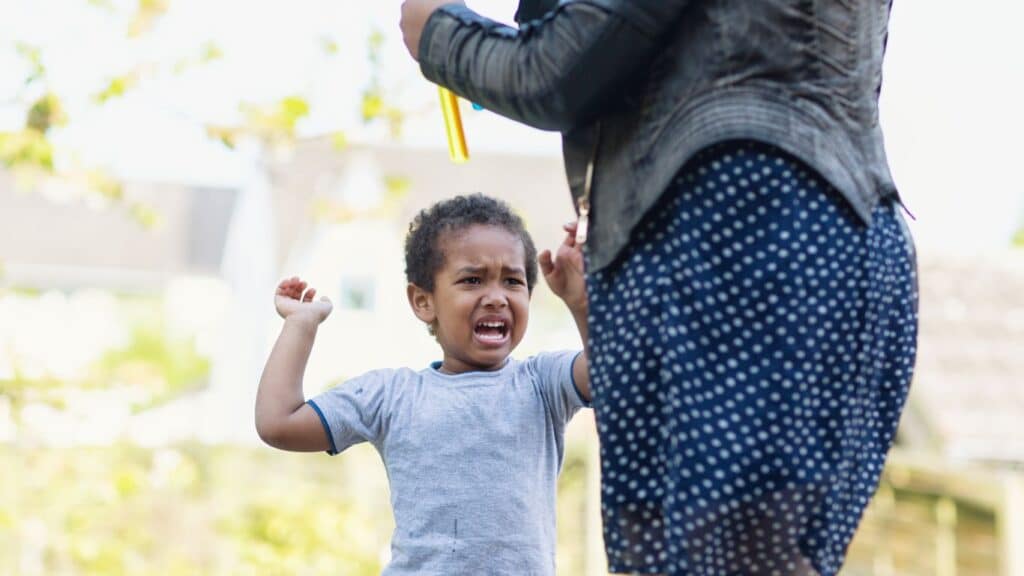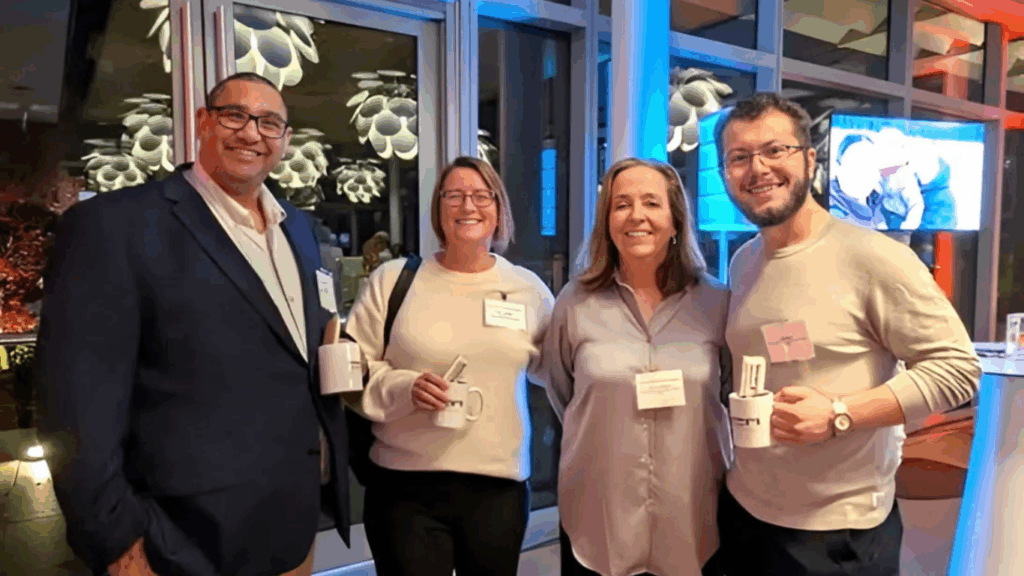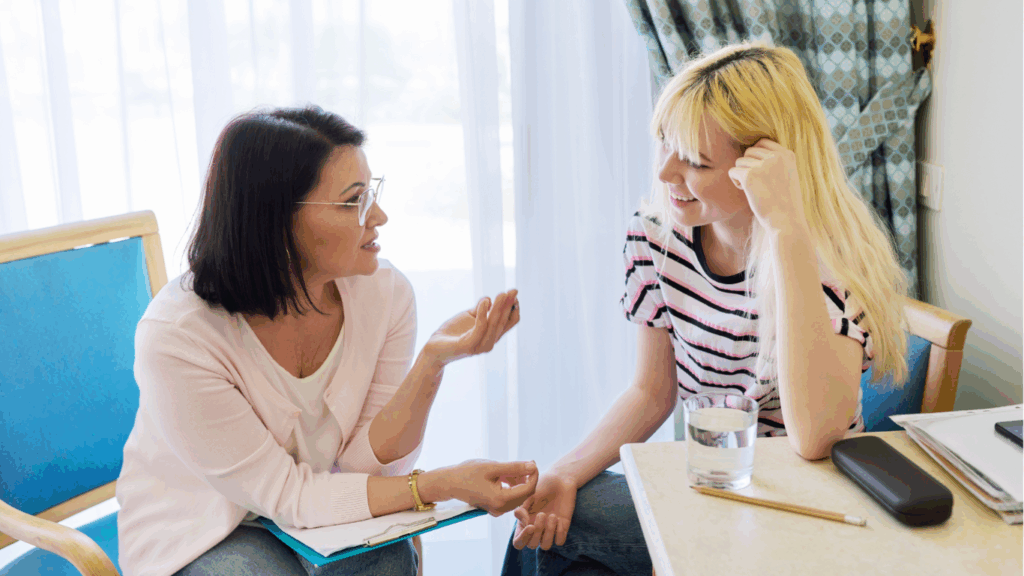Adoption is a rewarding journey, but it can come with unexpected challenges. If your child is struggling to adjust, you’re not alone. Social worker Susan Lees shares insights and resources to help adoptive parents navigate this journey with support and confidence.
“Two years ago we adopted a child of six. We have found parenting him far more difficult than we ever expected, or were prepared for. He has not really settled down and we find his behaviour very demanding. My husband and I are in despair. We don’t know what to do or where to turn.”
I am a social worker who has worked with adoptive parents of children with special needs for 12 years. I view myself as a “connector” and, hopefully, I can help you connect with resources that are helpful to you at an understandably challenging time. I say understandable because to me there are a lot of things that make sense about your question.
I am not surprised that two years have passed since you completed your adoption. I often don’t hear from people in the beginning, when they are putting a lot of energy into “becoming a family.” You have probably been busy getting to know your son and then educating yourselves, your family, teachers and others. Sometimes, those others do not recognize that adoptive families are “families with a difference,” and that your son’s behaviour is symptomatic of things that happened in his life before adoption. They may not realize that if your son is “acting out,” it might be related to the many losses and transitions that he has experienced and is now aware of in a more profound way because of his cognitive development. They may not understand that if he was exposed to drugs or alcohol prenatally and/or trauma and neglect after birth, he might have unique needs.
Your best sources of support are within the adoption and permanency community. Through these connections, you will continue to become the “expert” on his needs and his best advocate. You will also find a network of people that you can confide in and relate to in a way that helps you to feel understood.
In Victoria, a group of parents meet regularly to discuss the particular challenges of raising adoptive children who are between the ages of six and 12. They believe that parenting their children requires particular strategies and have invited an adoption counsellor to meet with the group. She is currently teaching a parenting course.
If you feel that you are not ready for such a group, or there simply isn’t one in your home area, and you would like assistance geared to the unique issues in your home, then you could consider finding a counsellor experienced in adoption issues. You could call the Ministry of Children and Family Development office in your region to ask if they can link you with someone. If you have an extended medical plan the costs of this may be covered.
If your son is struggling in the classroom, it might be helpful for the teachers and yourselves to seek a psychological assessment. If you have an “assisted adoption” via the Ministry, perhaps some funds could be designated for this. I think it is particularly important that, if he was exposed prenatally to alcohol, the assessment is done by a specialized team of experts. In order to prevent “secondary disabilities,” it is really helpful to have this assessment done as early as possible.
I think you will find the understanding ear, the knowledge of specialized resources, and the sense of humour that you will encounter through meeting with other adoptive families will provide you with some of the best tools to take you through the hills and valleys of parenting. Just knowing who to call in a time of crisis will help to alleviate some of the stress of charting unknown territory alone. Your son will also benefit from the insight you gain into the origins of his behaviour and the new skills that you can learn.
Parenting children with special needs requires knowledge that most people don’t get from any previous life experience. For this reason, people tell me stories about tremendous personal growth, achieved through the experience of being an adoptive family, that most of us won’t accomplish in one lifetime. I often find that things do tend to work out over extended periods. Sometimes I don’t hear from families for a couple of years, except when I see them at educational events. Then, during another developmental stage, new issues arise, and we talk again.
Susan Lees works for the Adoption Support Program in Victoria. The service is committed to strengthening adoptive families by offering parents and children post-adoption education, information, support groups, and courses.





